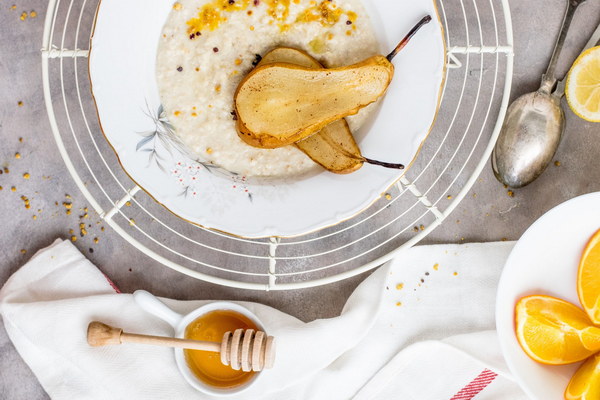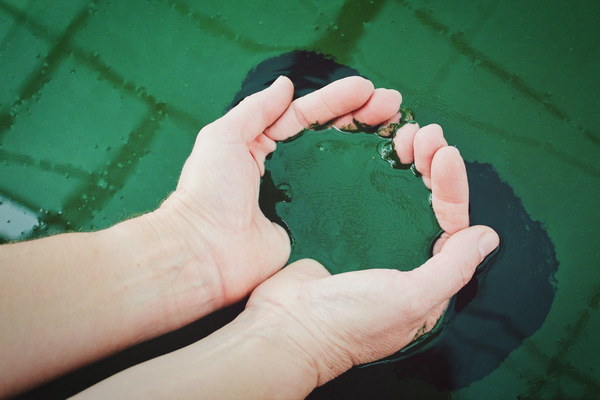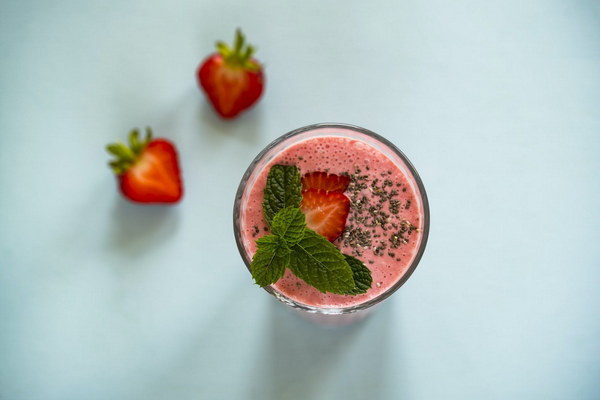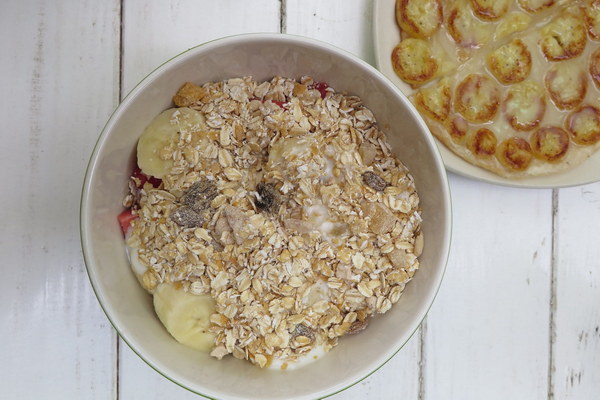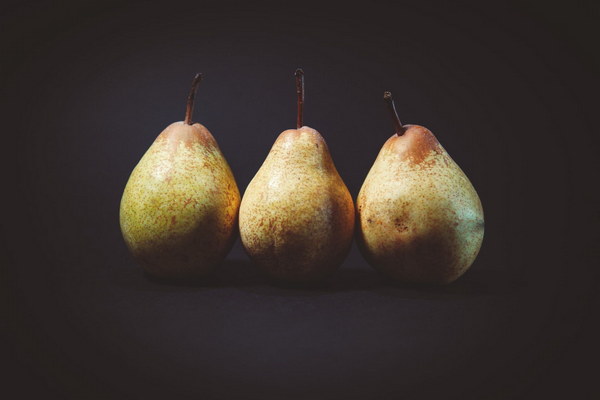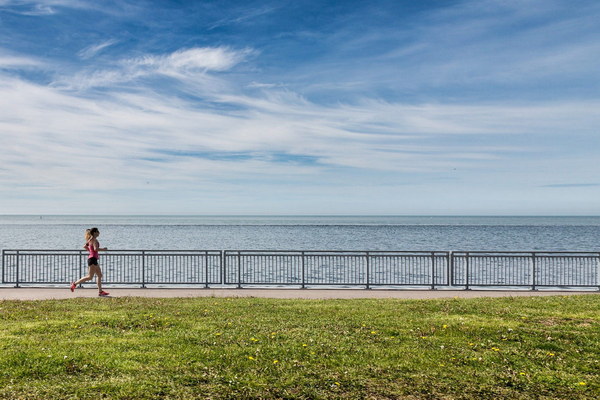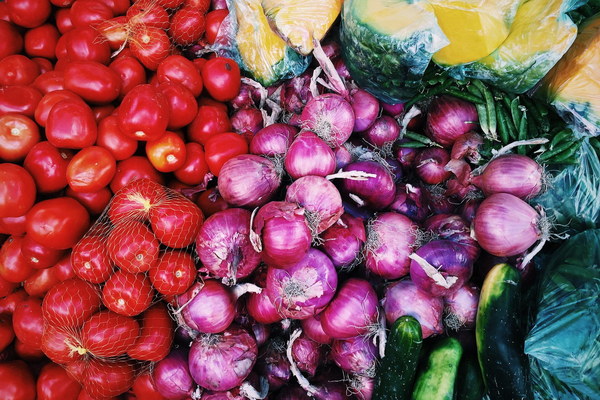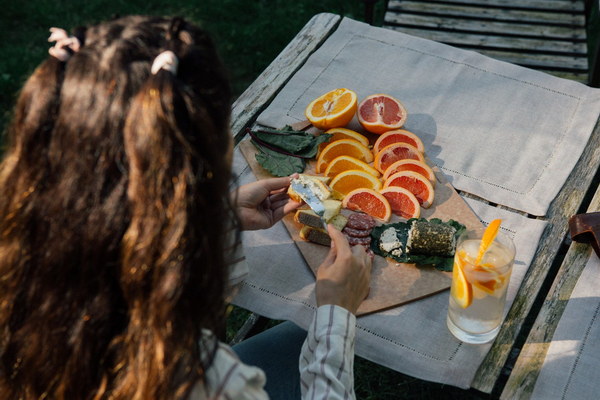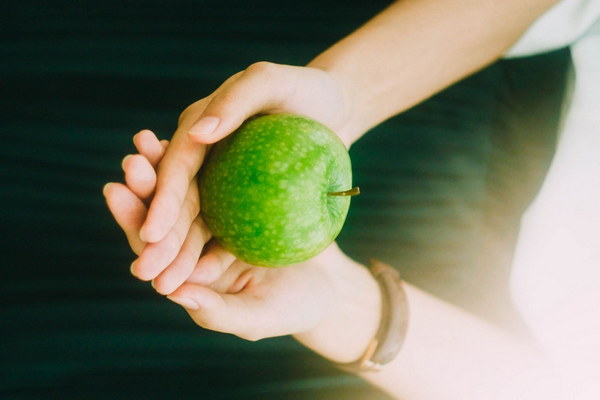Rejuvenating Postpartum The Power of Qi and Blood tonification for Maternal Beauty
Postpartum recovery is a critical period for new mothers, as it marks the time when the body undergoes significant changes to restore its balance and vitality. One of the most important aspects of this process is the replenishment of Qi and blood, which are essential for overall health, energy, and, of course, beauty. This article will delve into the significance of Qi and blood tonification during the postpartum period, and explore natural and traditional methods to help new mothers achieve a radiant and rejuvenated appearance.
The Importance of Qi and Blood in Postpartum Recovery
In traditional Chinese medicine (TCM), Qi and blood are the two fundamental elements that sustain life and health. During pregnancy, the body expends a considerable amount of Qi and blood to support the growth and development of the fetus. After childbirth, the body continues to need these vital substances to repair and rejuvenate itself.
Qi is the vital energy that animates the body and controls all physiological processes. It is responsible for maintaining a strong immune system, a healthy metabolism, and a balanced emotional state. Blood, on the other hand, nourishes the tissues, organs, and cells, providing them with the necessary oxygen and nutrients. A deficiency in either Qi or blood can lead to a variety of postpartum symptoms, including fatigue, weakness, and a lackluster complexion.
Natural and Traditional Methods for Qi and Blood Tonification
1. Nutrition: A well-balanced diet is essential for the replenishment of Qi and blood. New mothers should focus on consuming nutrient-rich foods, such as:
- Iron-rich foods: Red meat, poultry, fish, beans, lentils, and green leafy vegetables.
- Vitamin C-rich foods: Citrus fruits, berries, bell peppers, and strawberries, which help with the absorption of iron.
- Vitamin B12 and folic acid: Eggs, dairy products, and fortified cereals, which are important for the production of red blood cells.
- Omega-3 fatty acids: Fish, flaxseeds, and chia seeds, which help to improve skin health and reduce inflammation.
2. Herbs and Supplements: Many herbs and supplements are known for their Qi and blood-tonifying properties. Some popular options include:
- Astragalus (Astragalus membranaceus): Known for its immune-boosting and Qi-boosting properties.
- Codonopsis (Codonopsis pilosula): Helps to strengthen the immune system and improve energy levels.
- Dong Quai (Angelica sinensis): Known as a female ginseng, it is believed to nourish the blood and relieve menstrual symptoms.
- Vitamin B12: Available in supplement form, it is crucial for red blood cell production and overall energy levels.
3. Acupuncture and Massage: Acupuncture and massage therapy can help to balance the body's Qi and blood, alleviate postpartum symptoms, and promote healing. These treatments can also reduce stress and improve sleep, which are both important for recovery.
4. Exercise: Gentle, low-impact exercises, such as walking, swimming, and prenatal yoga, can help to boost Qi and blood circulation, improve strength and flexibility, and promote overall well-being.

5. Rest and Relaxation: Adequate rest is essential for postpartum recovery. New mothers should prioritize sleep, meditation, and other relaxation techniques to help restore their Qi and blood levels.
Conclusion
The replenishment of Qi and blood is crucial for the postpartum recovery process, and it can have a significant impact on a new mother's health, energy, and appearance. By incorporating natural and traditional methods, such as nutrition, herbs, supplements, and alternative therapies, new mothers can achieve a radiant and rejuvenated appearance, setting the stage for a happy and healthy postpartum journey.
